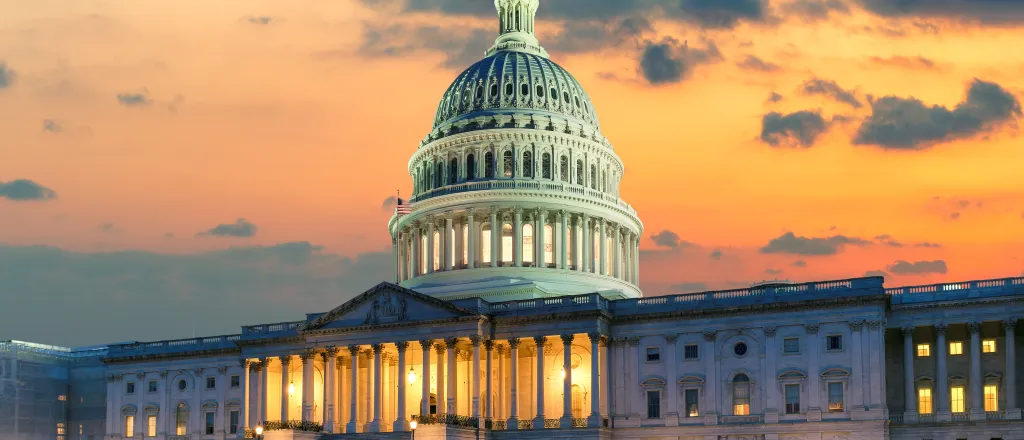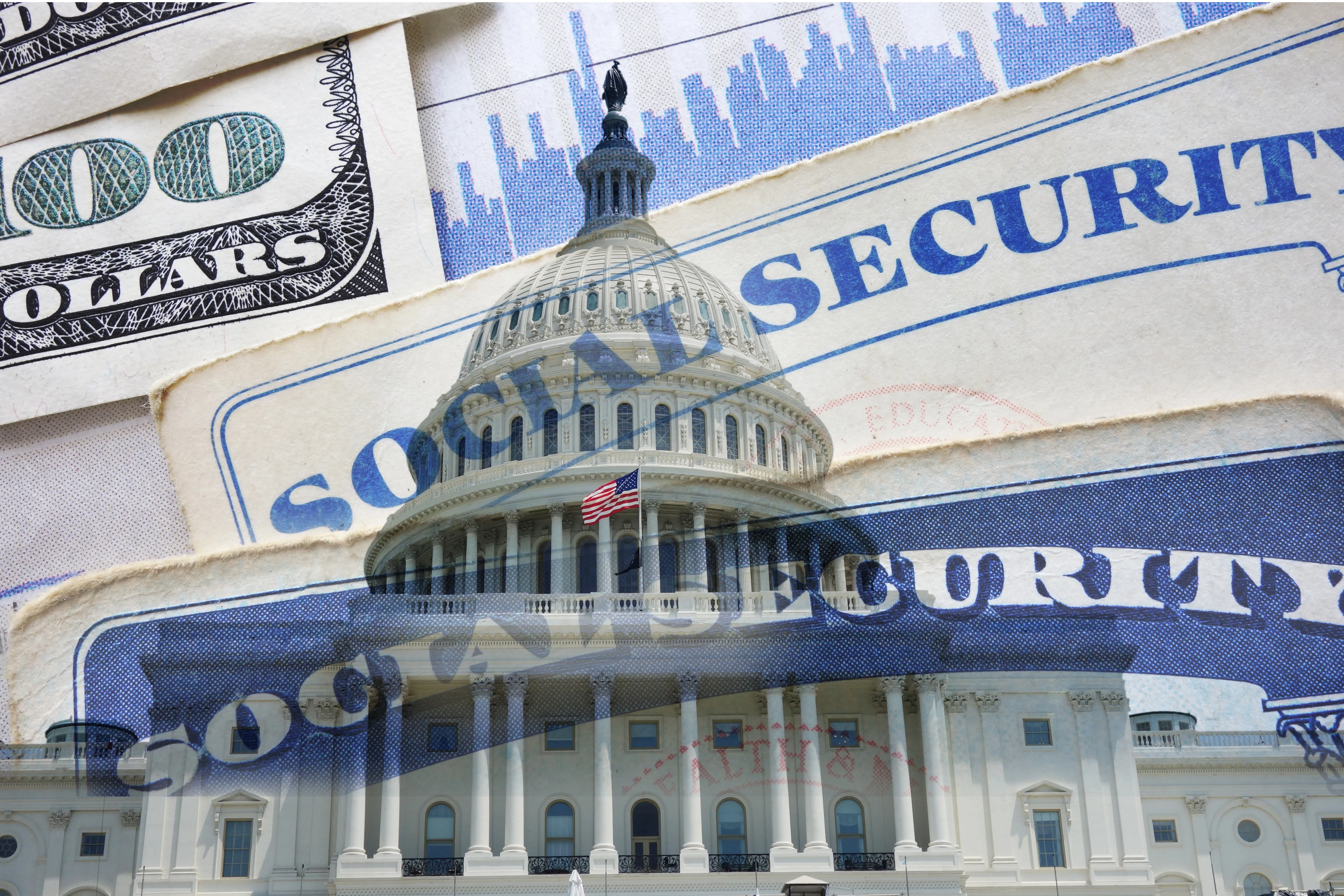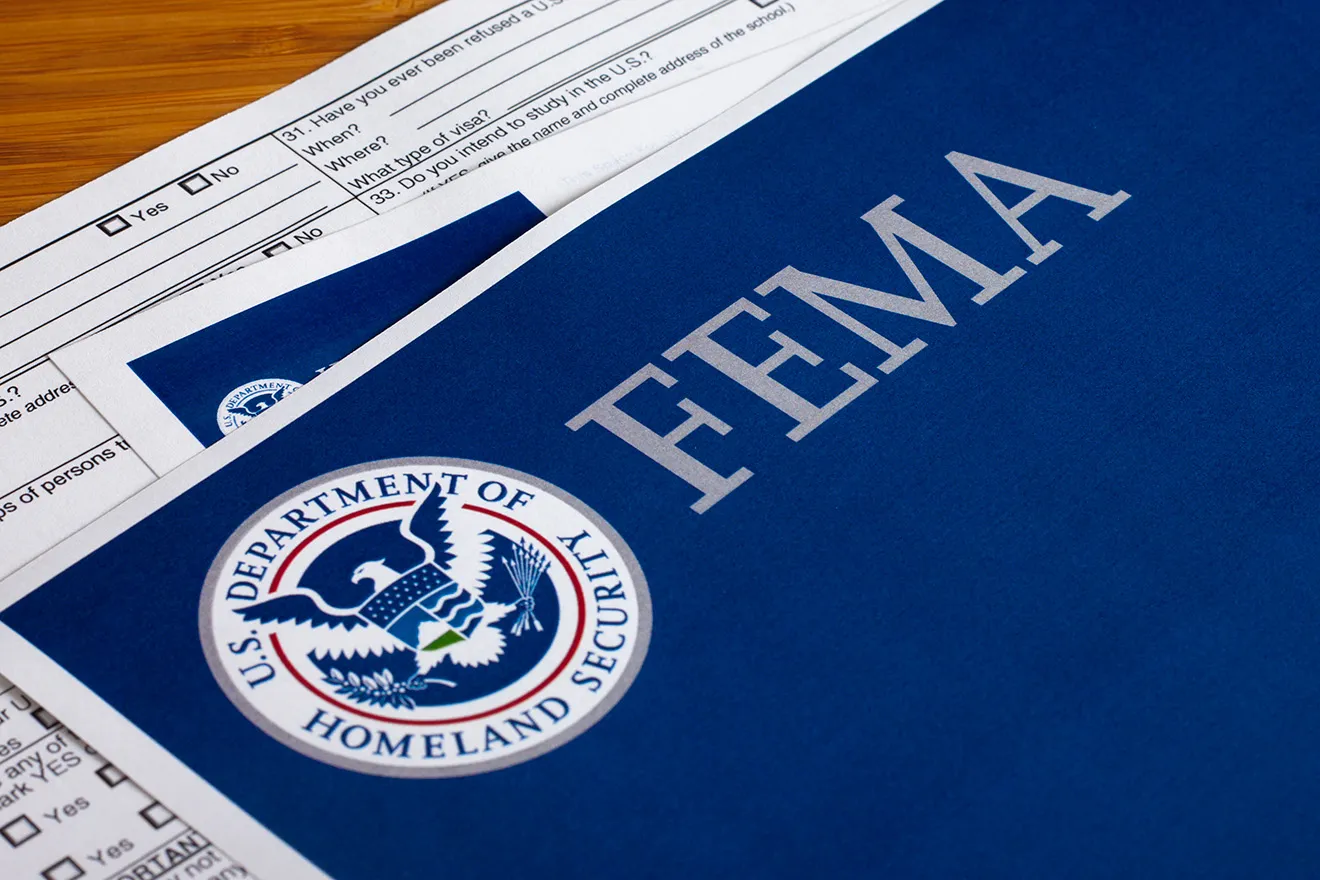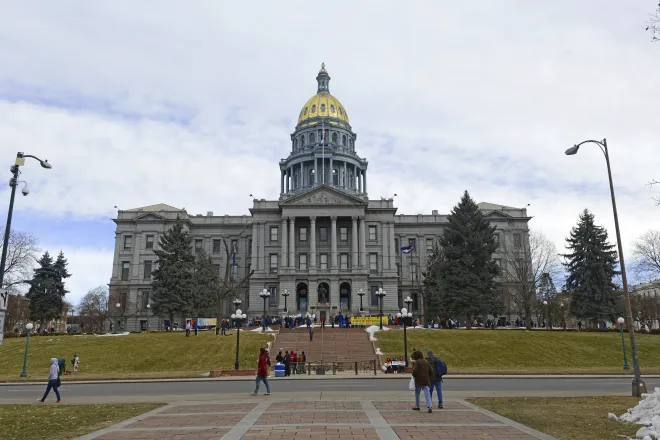
Lawmakers return to Capitol Saturday with government shutdown looming
(The Center Square) – Lawmakers returned to Capitol Hill Saturday with no spending measure yet agreed upon with a partial government shutdown looming at midnight if no deal is reached.
Holdout House Republicans killed Speaker Kevin McCarthy’s attempt Friday to pass a short-term spending measure to keep the government open. McCarthy proposed a 30-day extension that cut spending and bolstered conservative border policies, but 21 Republicans voted against it, leading it to fail 198-232.
House lawmakers began meeting behind closed doors Saturday morning in an attempt to find more votes, but passing a spending measure to keep the government open is becoming increasingly unlikely.
House Minority Leader Hakeem Jeffries, D-N.Y., blasted Republicans and called on McCarthy to abandon trying to work with holdout Republicans and instead strike a deal with Democrats to keep the government open.
“What is the alternative?” he told reporters Friday. “They failed. There is no way out of their Republican civil war.”
McCarthy criticized the media and the Senate, pointing out House Republicans have passed several appropriations bills this week.
“I don't have a journalism degree – but why does the media expect the Republican House to just follow the Democrat Senate's lead on government funding?” McCarthy wrote on social media Friday afternoon. “House has passed 74% of funding through regular order. No omnibus. Senate has done NOTHING, including a stopgap bill.”
But bargaining with Democrats when McCarthy has a Republican majority could lead House Republicans to remove McCarthy from his position. McCarthy was only voted in as Speaker after a marathon of votes, and since then several Republicans have repeatedly reminded McCarthy they can move to have him removed.
The Pentagon has warned that a shutdown without a Defense appropriations bill passed would mean many troops would not receive pay. In the past, Congress has either passed that appropriations bill or passed a specific bill to make sure troops get their pay.
According to Congressional Research Service data, more than 2 million American civilians are employed by the federal government in all 50 states and U.S. territories. If the government shuts down, then essential employees would continue working without pay while others would be furloughed, meaning they would be suspended until funding could be passed but then receive back pay. All federal contractors do not necessarily have the same certainty about back pay.















